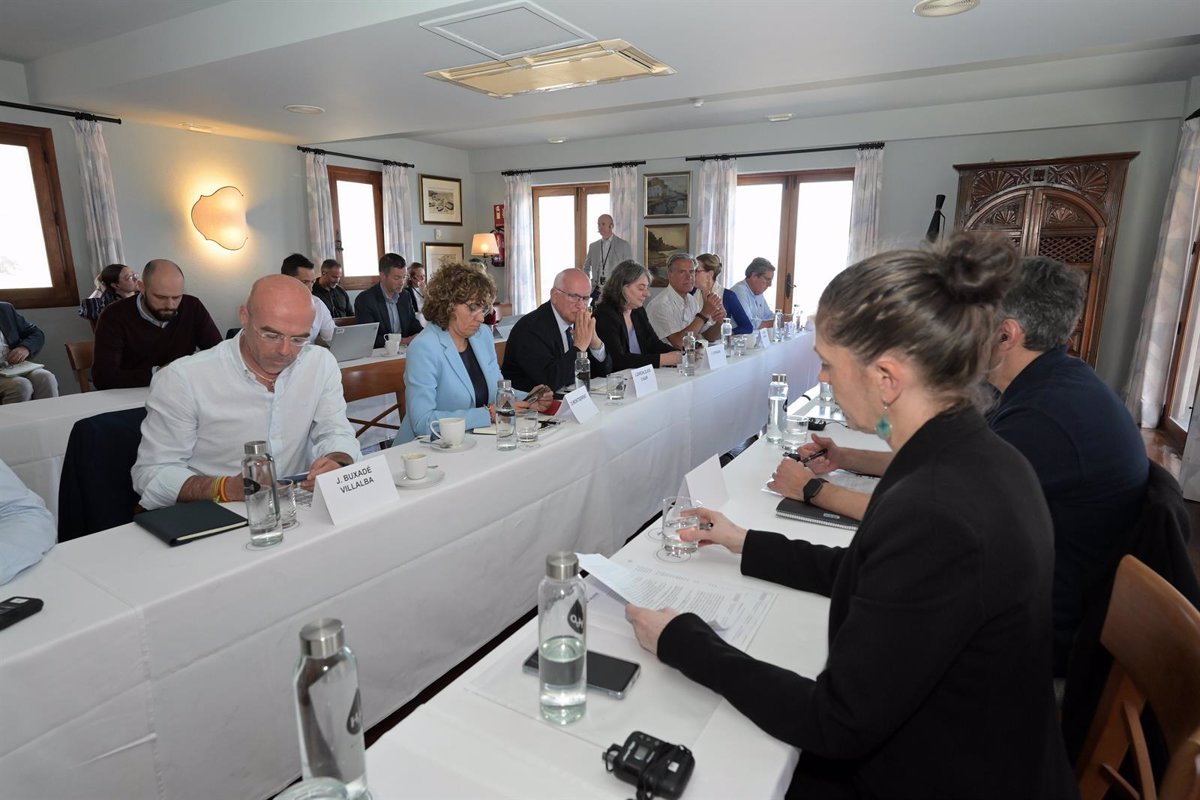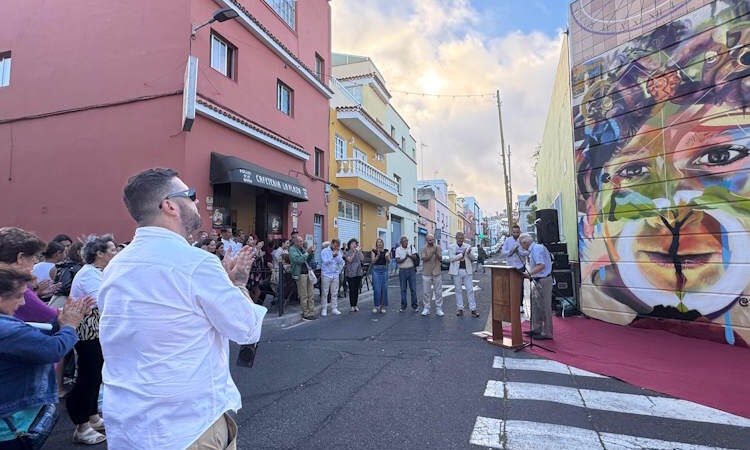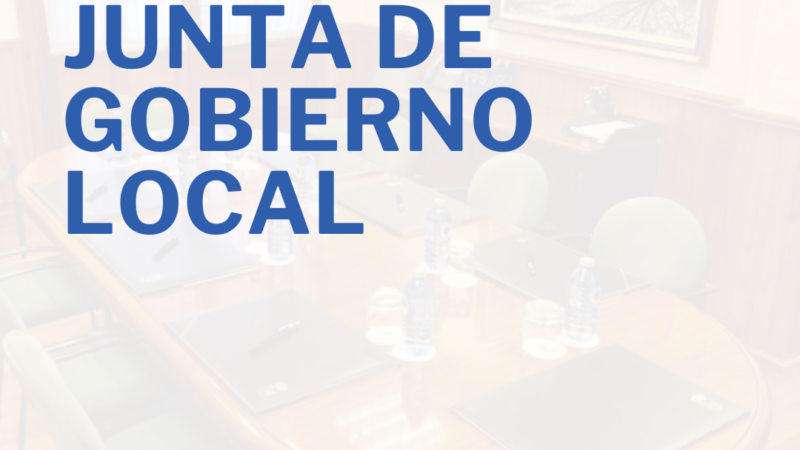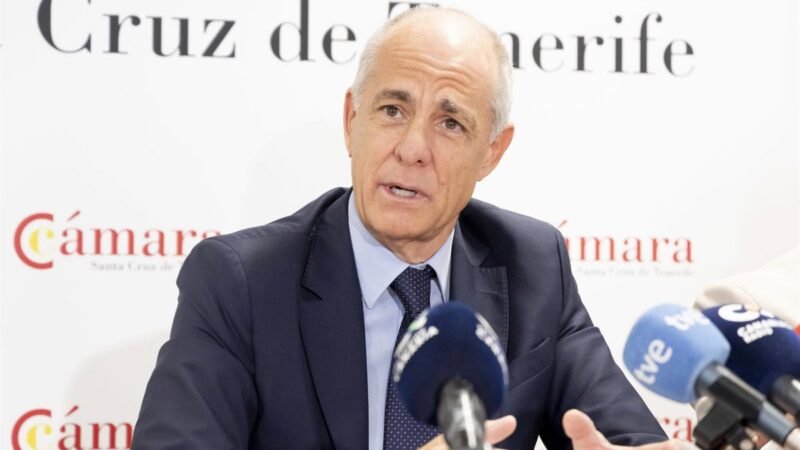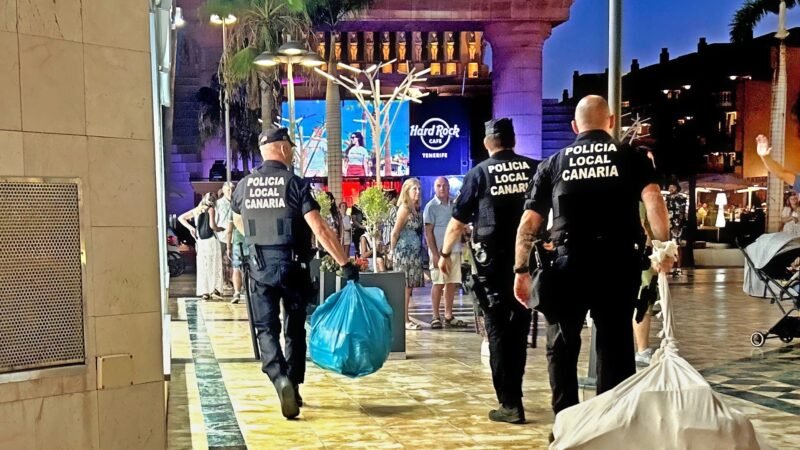President Javier Zarzalejos predicts an increase in the arrival of cayucos and calls for «cooperation» to distribute minors
VALVERDE (EL HIERRO), 27 (EUROPA PRESS)
The President of the Committee on Civil Liberties, Justice and Home Affairs of the European Parliament, Javier Zarzalejos (PPE), has assured this Tuesday that the European Union will increase financial resources and means to manage immigration but has warned that the ‘Atlantic route’ to El Hierro «remains open.»
During a press conference after the visit of a delegation of MEPs to the island to assess the impact of immigration, he commented that there is currently a period of «tense calm» due to circumstantial and seasonal factors, but he has predicted a «significant migratory pressure» in the coming months.
Zarzalejos mentioned that they were invited to visit the island in November and framed the trip within the committee’s own activities, which has conducted missions in other parts of the continent «where there has been high migratory pressure.»
He stated that last year El Hierro received 52% of irregular migrants who reached Spain — more than 24,000 — an 18% increase from the previous year, a «clear divergence» from the continent’s data, where irregular immigration decreased by 38%.
However, he noted that so far this year, 11,000 migrants have arrived, a 35% decrease according to Frontex.
Zarzalejos praised the «dedication and commitment» of public bodies, professionals, and NGOs in a «difficult period» and mentioned that the EU is currently experiencing a «turning point» with the development of the Migration and Asylum Pact, which must be operational by June 2026 and «entails a regulatory and administrative change.»
He pointed out that this will be a «major challenge» that will require more human resources, facilities, technological means, and training, for which the EU has allocated a fund of 3 billion euros, of which Spain «will be the first beneficiary,» and opens the door to the use of cohesion funds.
He also proposed the «strengthening» of Frontex, with personnel set to «triple,» the updating of Europol’s functions to «act more effectively» against illegal immigration and human trafficking, and the strengthening of the European Asylum Agency.
Zarzalejos mentioned that the delegation of MEPs has observed improvements in the reception facilities for migrants at the port of La Restinga and the increased capacities of Maritime Rescue, although the Government of the Canary Islands has requested more medical supplies and improved mobility within the island.
He noted that once the «initial stage» of receiving migrants is overcome, the management faces obstacles such as identification and the development of «appropriate procedures» such as asylum or return.
STRUCTURAL PROBLEMS
The head of the European delegation also noted that there have been «advances» in cooperation with third countries that have allowed the interception of cayucos leaving the African continent, but he emphasized that they have a «realistic diagnosis.» «The route remains open, it is complicated and dangerous, human lives are lost,» he stated.
Regarding migrant minors, he highlighted the «enormous effort» being made in the Canary Islands, with the reception of 5,400 minors, representing 65% of all Spain, «a very high number,» so he emphasized the need to increase «cooperation» between administrations.
Zarzalejos believes that there needs to be a concerted effort to distribute minors based on the «objective capacities» of the territories, but he did not hide the fact that there is a «structural problem» given that the route «remains open» and there will be new minors who will need assistance.
Additionally, he mentioned that there is a «willingness to dialogue» between administrations, despite ongoing legal disputes between the central government and the Canary Islands that «should be resolved as soon as possible.»
Aside from visiting the town of La Restinga, the MEPs also visited the San Andrés Temporary Reception Center and other resources for assisting migrant individuals.

